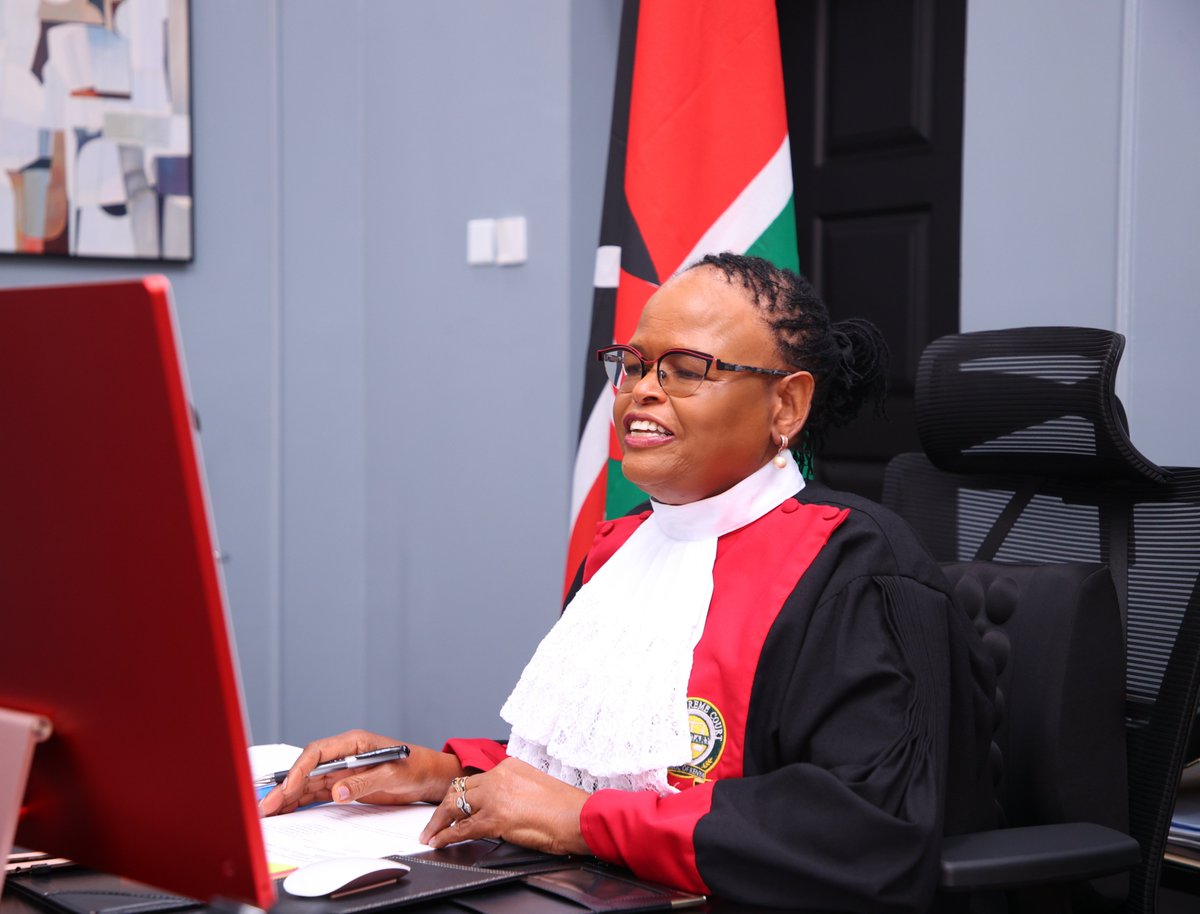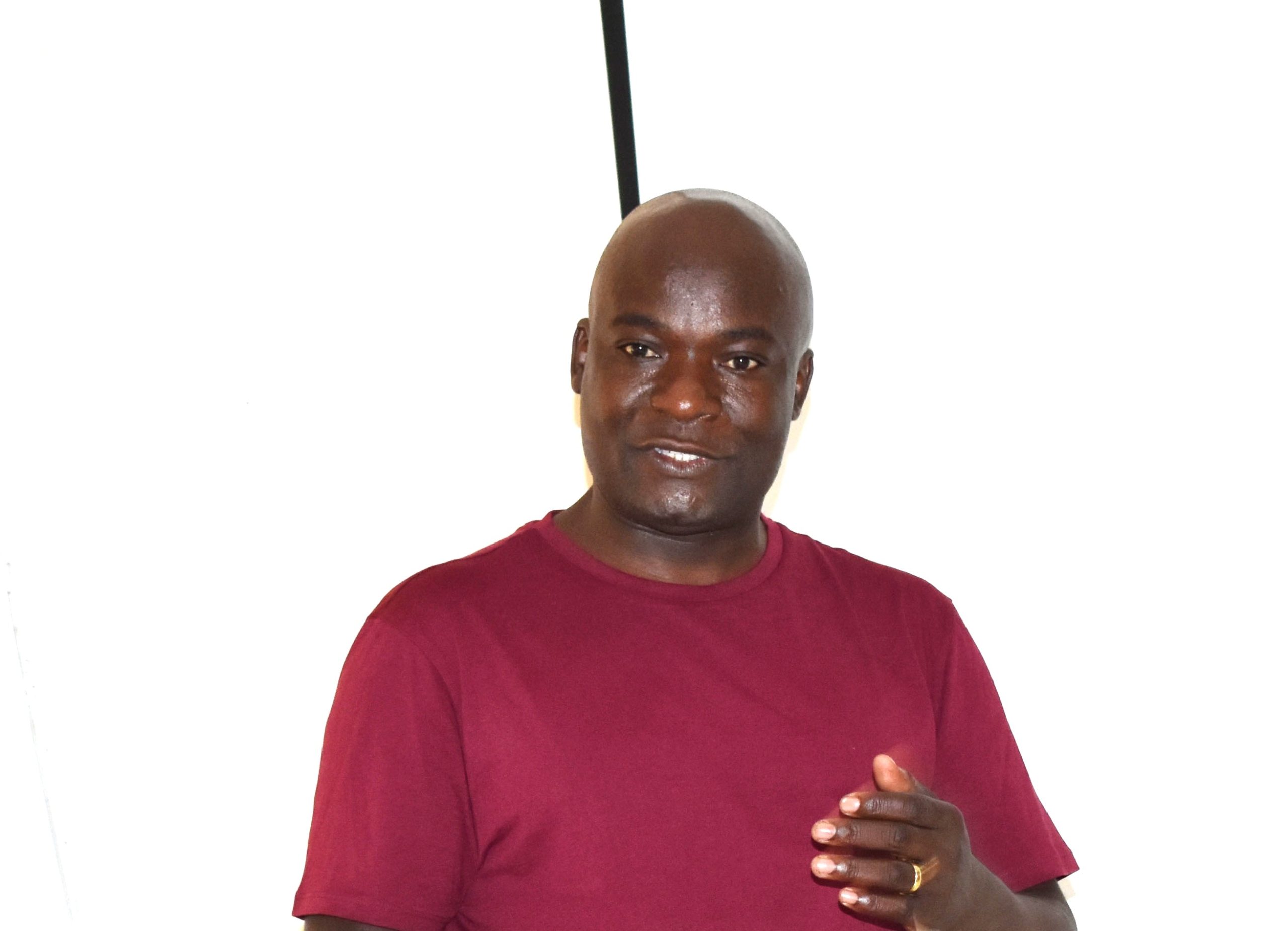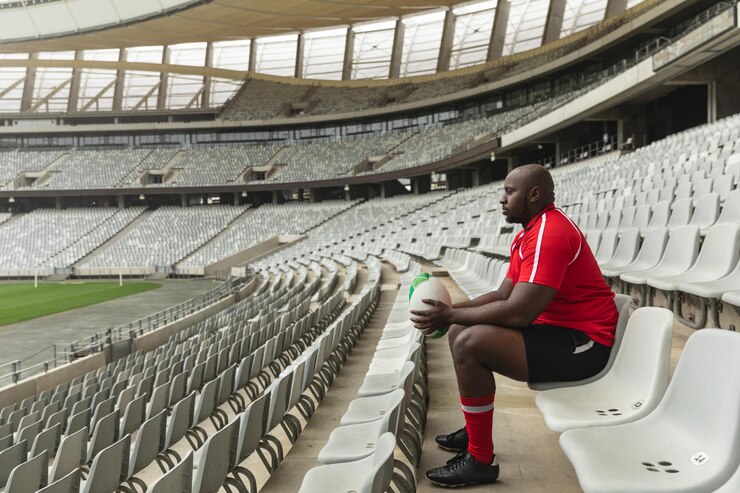The High Court has referred consolidated petitions seeking the removal of Chief Justice Martha Koome and four Supreme Court judges, Justices Smokin Wanjala, Njoki Ndung’u, Isaac Lenaola, and William Ouko, to an odd-numbered bench for determination. This follows a ruling by Justice Lawrence Mugambi, who concluded that the petitions raise substantial constitutional issues requiring a bench hearing.
On Friday, Justice Mugambi directed that the file be transmitted to Chief Justice Koome, instructing her to empanel an odd number of judges, in accordance with Article 165(4) of the Constitution. The article mandates that such constitutional matters be heard by at least three judges, with the Chief Justice tasked with assigning the panel. This ruling places Koome in the unusual position of overseeing a process in which she is a respondent, a scenario that has sparked significant debate over potential conflicts of interest.
Despite objections from various parties, including Senior Counsel Ahmednasir Abdullahi, who argued that assigning the Chief Justice to empanel the judges would result in an ethical conflict, Justice Mugambi upheld the constitutionality of Koome’s role. He emphasised that the Constitution requires the Chief Justice to perform this administrative function, with no constitutional alternative available. “Once the Court certifies that the matter raises a substantial question of law under Article 165(4), the consequence is couched in mandatory terms,” Justice Mugambi stated.
The petitions, which have been consolidated into a single case, raise critical questions about judicial accountability, the independence of the judiciary, and the extent of the Judicial Service Commission’s (JSC) powers. Among the issues being addressed are whether the JSC can initiate proceedings against judges based on active litigation or whether entire courts can be targeted for removal via omnibus petitions. Justice Mugambi noted that the outcome of this case could have profound implications for the administration of justice in Kenya.
The Kenya Magistrates and Judges Association (KMJA) and the Katiba Institute, which supports the Supreme Court justices, emphasised the necessity of the Chief Justice’s involvement in empanelling a bench, arguing that her role is purely administrative and in line with constitutional provisions. Senior Counsel Ochieng Oduol, representing the Supreme Court judges, underscored the historic nature of the case, describing it as a matter of national significance with far-reaching implications for the judiciary’s independence.
In contrast, the Judicial Service Commission (JSC), alongside former MP Raphael Tuju, Nelson Havi, and Abdullahi’s law firm, opposed the empanelment, arguing that the matter was premature and that the judges had not yet had the opportunity to respond. JSC counsel Issa Mansur argued that the petitions are at a preliminary stage and that the court’s jurisdiction has yet to be fully established.
The ruling marks a pivotal moment in Kenya’s judicial history, with the potential to shape the future of judicial accountability and the separation of powers. The case will be reviewed by the Deputy Registrar on May 6, 2025, to confirm whether Chief Justice Koome has constituted the bench as directed.





